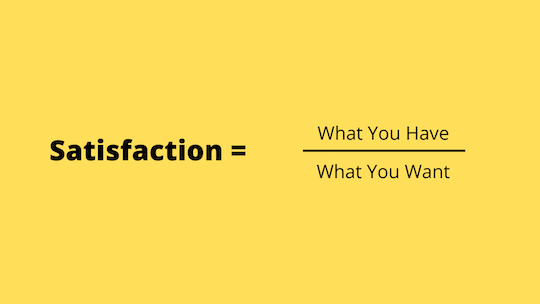“The relief that comes from putting off a task never surpassed the satisfying feeling of having gotten the thing done.”
—Stephen St. Amant, author of the Savenwood Blog
In the journey of productivity, we often dance between action and delay.
Procrastination might feel like a momentary comfort, but true satisfaction comes from conquering tasks.
When we break through the barrier of resistance and complete what we’ve been avoiding, we unlock a powerful sense of achievement, and our brains reward us with dopamine, reinforcing the joy of progress.
Look at every small step as a victory and embrace tasks head-on to transform not just your productivity, but your entire mindset. Choose progress over postponement, and watch your fullest potential unfold.
EXERCISE:
Implement the 2-minute rule: If a task can be completed in less than two minutes, do it immediately.
This prevents small tasks from piling up and becoming overwhelming.
If you want to tackle bigger things please read David Allen’s classic book Getting Things Done.










